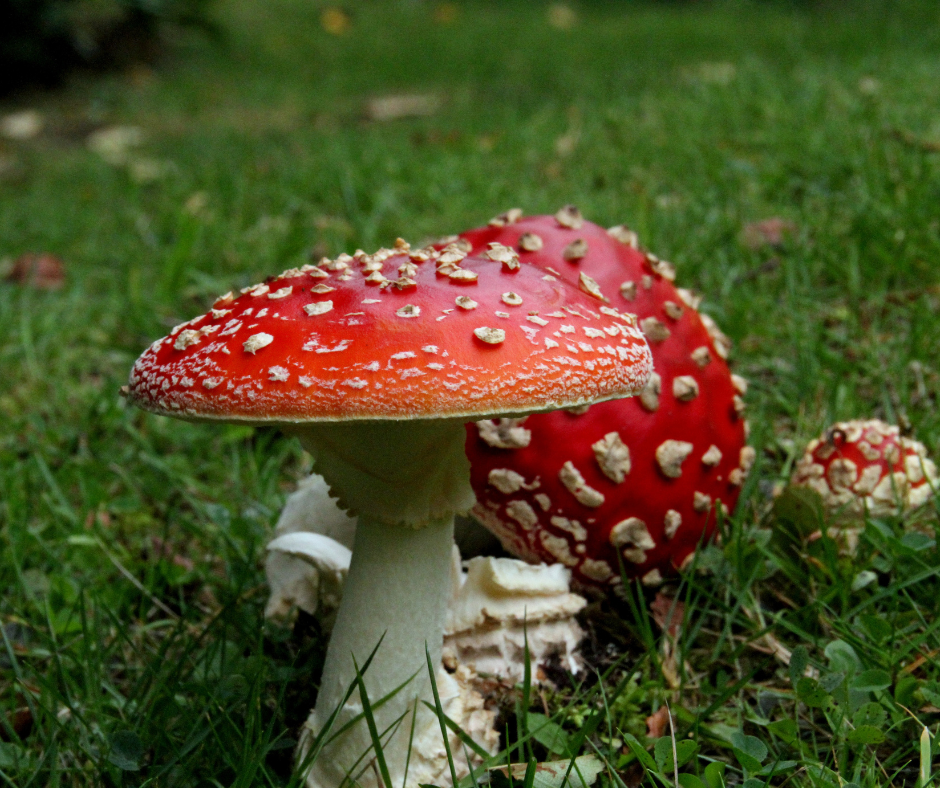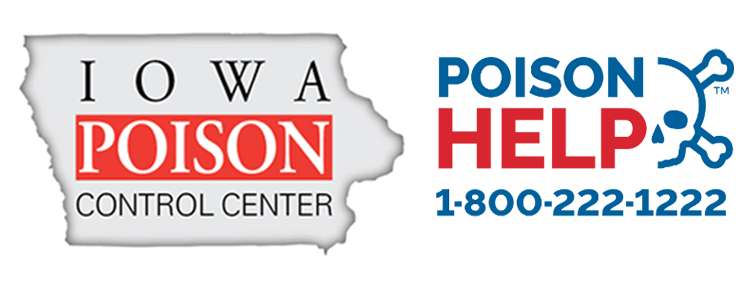
For Poisoning Questions or Emergencies, Call the Poison Experts at 1-800-222-1222
Mushrooms
 Wild mushrooms are common throughout the Midwest. They grow best in cool, moist weather, which is why they are most abundant in spring and fall.
Wild mushrooms are common throughout the Midwest. They grow best in cool, moist weather, which is why they are most abundant in spring and fall.
Very few individuals (mycologists) are properly trained in mushroom identification, and identification is impossible for poison center staff members who must manage these situations over the phone.
 Young children often eat mushrooms while outdoors. While in many cases the child does not get ill, there is the potential for serious, possibly life-threatening poisoning. This means that any child who eats a wild mushroom should be treated. In addition to children, dogs often eat wild mushrooms, leading to serious poisoning. Contact the Poison Control Center immediately to discuss treatment.
Young children often eat mushrooms while outdoors. While in many cases the child does not get ill, there is the potential for serious, possibly life-threatening poisoning. This means that any child who eats a wild mushroom should be treated. In addition to children, dogs often eat wild mushrooms, leading to serious poisoning. Contact the Poison Control Center immediately to discuss treatment.
Adults can also be victims of poisonous mushrooms. These cases are more likely to be serious as the person may eat a large quantity of mushrooms and not seek medical attention until severe illness has occurred.
Different Types of Poisonous Fungi
Mushroom poisoning can cause a variety of symptoms. Members of the Gyromitra family, such as the false morel, can cause vomiting, abdominal pain, and bloody diarrhea. More serious mushroom poisoning symptoms may include seizures, coma, and death. Other fungi, such as the Psilocybe species, contain a hallucinogen. People who have accidentally eaten these mushrooms have suffered vivid hallucinations that can range from pleasant to terrifying.
The most dangerous mushrooms are members of the genus Amanita, which are responsible for most mushroom-related deaths. These mushrooms contain a substance that causes liver damage. They are so poisonous that it is estimated that one mushroom cap from an Amanita can result in death. Tragically, these mushrooms do not produce symptoms until many hours after they are eaten. By that time, treatment is usually of little value. In addition, mushrooms may also cause illness if they are spoiled. Eating spoiled mushrooms will cause symptoms similar to other types of food poisoning.
Mushroom Poisoning Prevention:
- Before letting children and pets go outdoors, check nearby areas for mushrooms and remove them if found.
- Teach children all wild mushrooms may be poisonous. Correctly identifying edible wild mushrooms can be difficult, even with the aid of field guides.
- Unless you have been trained to do so, people are recommended to avoid picking and eating wild mushrooms.
- If someone eats a wild mushroom, call the Iowa Poison Control Center immediately at 1-800-222-1222 to discuss mushroom poisoning treatment.
"There are old mushroom hunters and there are bold mushroom hunters but there are no old, bold mushroom hunters!"
Whether you have questions regarding mushroom safety or are looking for more poison education, our experienced staff is here to offer poison help!
